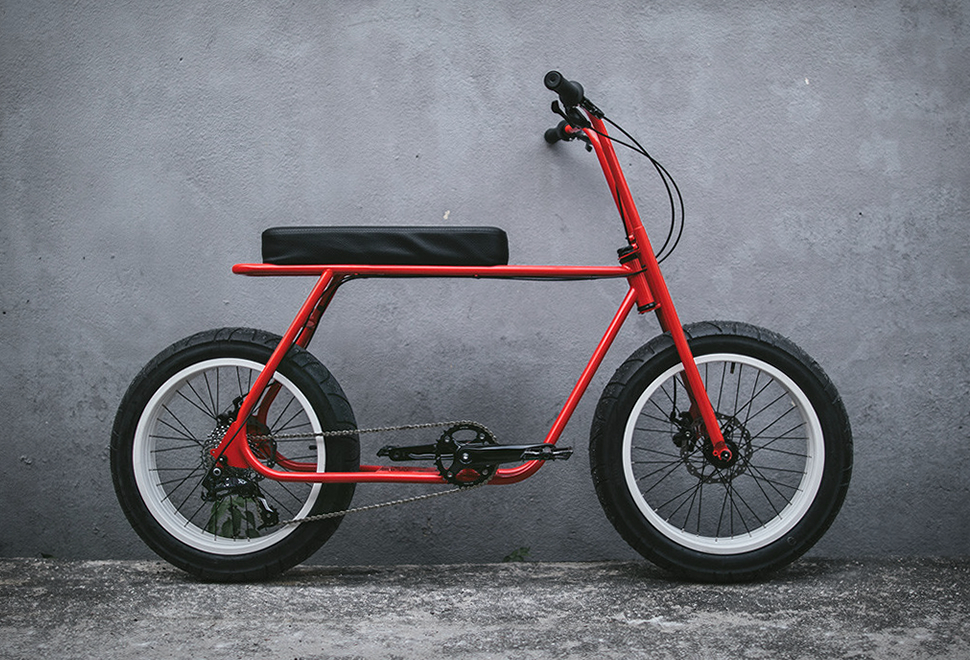“A Wikipedia is impossible, but here it is.” This was one of many insights from Kevin Kelly’s The Inevitable that has stuck with me. I think he’s saying that with enough people using the right technology, anything is possible. I like that idea and agree that Wikipedia is a perfect example. Against that backdrop, I’m imagining a crime Wikipedia. Anything and everything you might ever want to know about crimes and criminals. I’m tempted to limit writing and editing to the criminals but we should probably let law enforcement types participate.
Wouldn’t you like to read what professional burglars have to say about breaking and entering? There would be page after page on locks alone. Think of all that could be learned about robbing banks, from the really smart bank robbers… and the ones that got caught. Of course there are many crimes that are so horrible and unspeakable that you and I wouldn’t want to read it. But for this thought experiment, in for a penny, in for a pound.
And let’s ignore all of the reasons why a criminal might not want to share his/her best tricks. I’m just imagining a prison full of knowledge and expertise in a Wikipedia format. Who would benefit most? Young crooks-in-training? Or law enforcement?
The question that brought this on was: Would a burglar be less likely to hit a place at the end of a dead-end street? As a civilian, I’d be inclined to say “not enough information” to answer the question. But a thousand experienced burglars would know what those are and could probably come up with a useful answer.

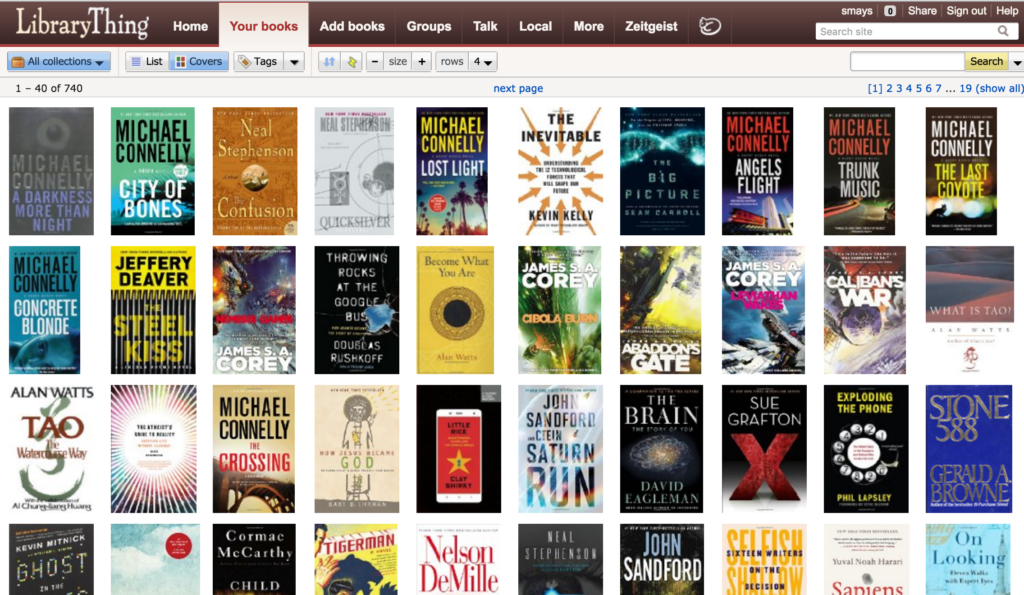 I started using LibraryThing to manage my library in 2005, about a month after the service launched. I was using a spreadsheet for this task but quickly fell in love with the tools and features LibraryThing provided. I find their smartphone app very handy.
I started using LibraryThing to manage my library in 2005, about a month after the service launched. I was using a spreadsheet for this task but quickly fell in love with the tools and features LibraryThing provided. I find their smartphone app very handy.
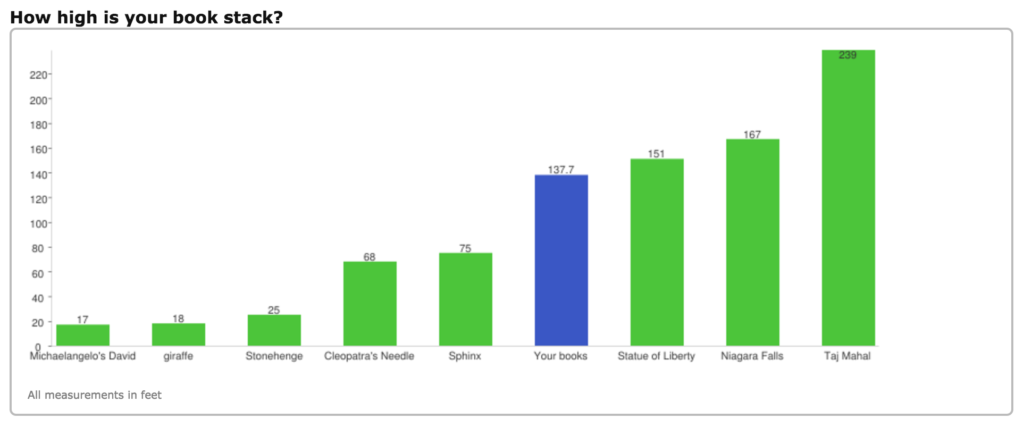
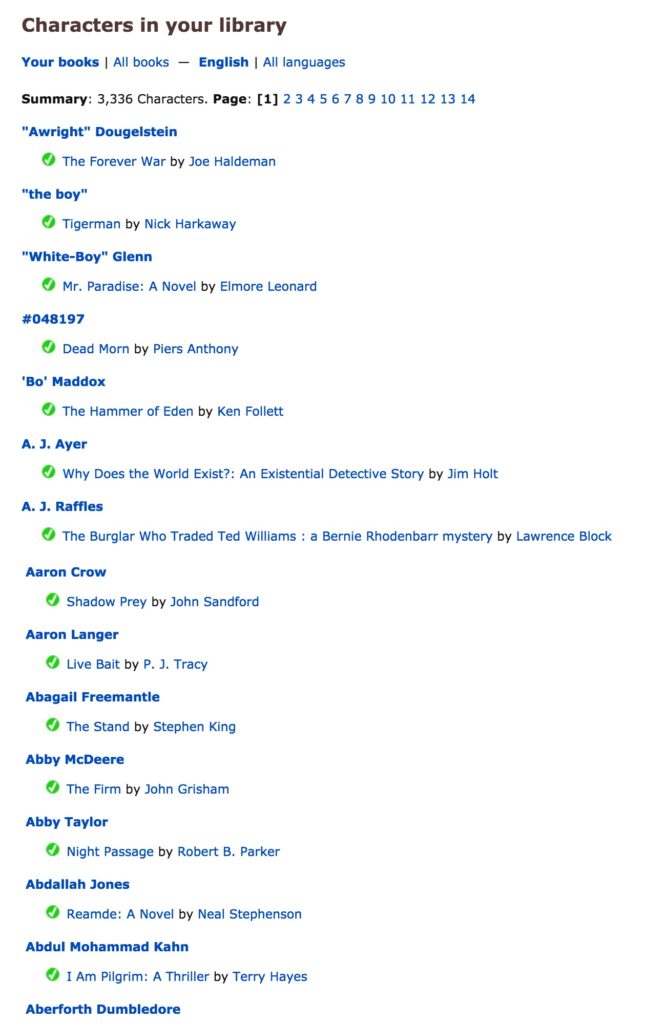
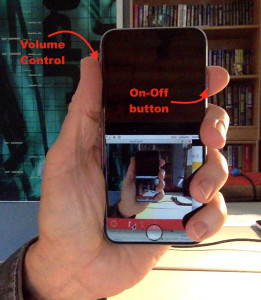 I purchased the iPhone 6 in September of 2014 and traded it in for the 6S a year later. Now, just seven months later, I’m trading up/down/over for the new iPhone SE. The review below touches on most of my reasons. I always liked the smaller versions of the iPhone but they kept putting must-have (for me) features in the larger phones. With the SE, I can get those features in a smaller phone better suited to my Trump-like hands. But the change that sealed the deal for me was putting the on-off switch back on the top of the phone… WHERE IT BELONGS! A day doesn’t go buy that I don’t accidentally turn my phone off while adjusting the volume (see image below).
I purchased the iPhone 6 in September of 2014 and traded it in for the 6S a year later. Now, just seven months later, I’m trading up/down/over for the new iPhone SE. The review below touches on most of my reasons. I always liked the smaller versions of the iPhone but they kept putting must-have (for me) features in the larger phones. With the SE, I can get those features in a smaller phone better suited to my Trump-like hands. But the change that sealed the deal for me was putting the on-off switch back on the top of the phone… WHERE IT BELONGS! A day doesn’t go buy that I don’t accidentally turn my phone off while adjusting the volume (see image below).